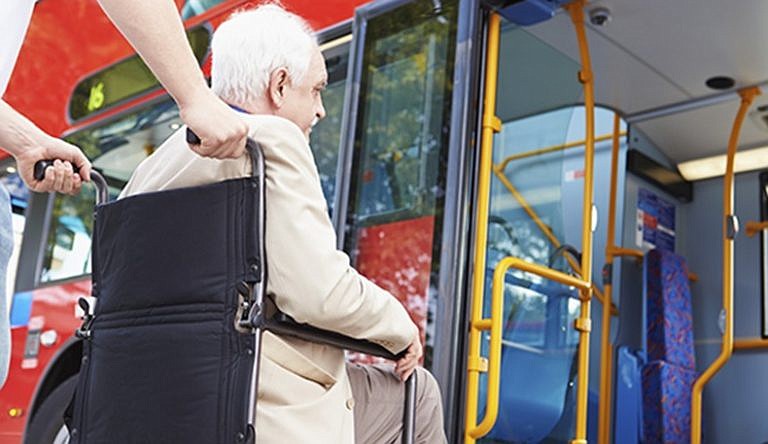- October 23, 2024
-
-
Loading

Loading

A special-needs shelter is for someone who, during periods of evacuation or emergency, requires sheltering assistance, because of physical impairment, mental impairment, cognitive impairment or sensory disabilities. The Florida Department of Health, Bureau of Preparedness and Response administers a statewide Special Needs Shelter Program to assist county health departments in addressing the special medical needs of people in their communities.
Special-needs shelters are designed to meet the needs of persons who require assistance that exceeds services provided at a general population shelter. Shelters may be activated during an emergency event to provide mass care for people who cannot safely remain in their homes. Special-needs shelters are intended to provide, to the extent possible under emergency conditions, an environment that can sustain an individual’s level of health.
If a person is medically stable but needs help with basic tasks or uses an electronic medical device and has no other evacuation options, he or she should pre-register for a special-needs shelter. To do so in Orange County, visit/netapps.ocfl.net/psn.
The capabilities of each special-needs shelter varies based upon a community’s needs and available resources. To learn about local services, contact the Emergency Management Office.
PREP WORK
Staff in Florida’s assisted-living facilities and adult family care homes have preparing for the Atlantic hurricane season.
Following the significant 2017 Atlantic hurricane season and the implementation of the Emergency Environmental Control for Assisted Living Facilities requirements, ALFs and AFCHs continue to be vigilant with their preparations.
“Our members and providers throughout the state are required to be prepared for many different situations, and hurricanes are a major threat to the state of Florida, FALA CEO Veronica Catoe said. “A storm could potentially impact hundreds of our members at the same time. It reflects our members’ dedication to their communities that they all have submitted an emergency power plan and have a generator on their properties.”
Although these communities are prepared, there are situations where a facility may become uninhabitable during an emergency or natural disaster and operators are tasked with finding suitable alternate housing for dozens of residents. FALA has connected with outside resources that may be able to provide shelter in the event any of FALA’s members are forced to evacuate residents.
“These partnerships allow our members to easily identify businesses in the areas they may need to evacuate to that have emergency power, easy entry and other amenities that will provide for a pleasant experience during stressful times. No one wants to leave their home, and ALFs and AFCHs are our residents’ homes,” Catoe said.
FALA provides emergency management resources on its website. For more information, visit fala.org.
LOCATIONS AND EXPECTATIONS
• Special-needs shelters often are set up in public facilities.
• Food and water is available, but shelters may not be able to accommodate special dietary needs.
• Shelter staff only offer basic medical assistance and monitoring.
• Complex medical equipment or care is not available.
• Clients and their caregivers will have a small sleeping area.
• Back-up electricity for light and essential medical equipment will be available.
ELIGIBILITY
• People with special medical needs
• People whose care exceeds the basic first aid provided at general population shelters
• People with impairments or disabilities who are medically stable and do not require medical care
• People with disabilities are not required to go to a Special Needs Shelter. Some people with disabilities can be safely accommodated in a general population shelter.